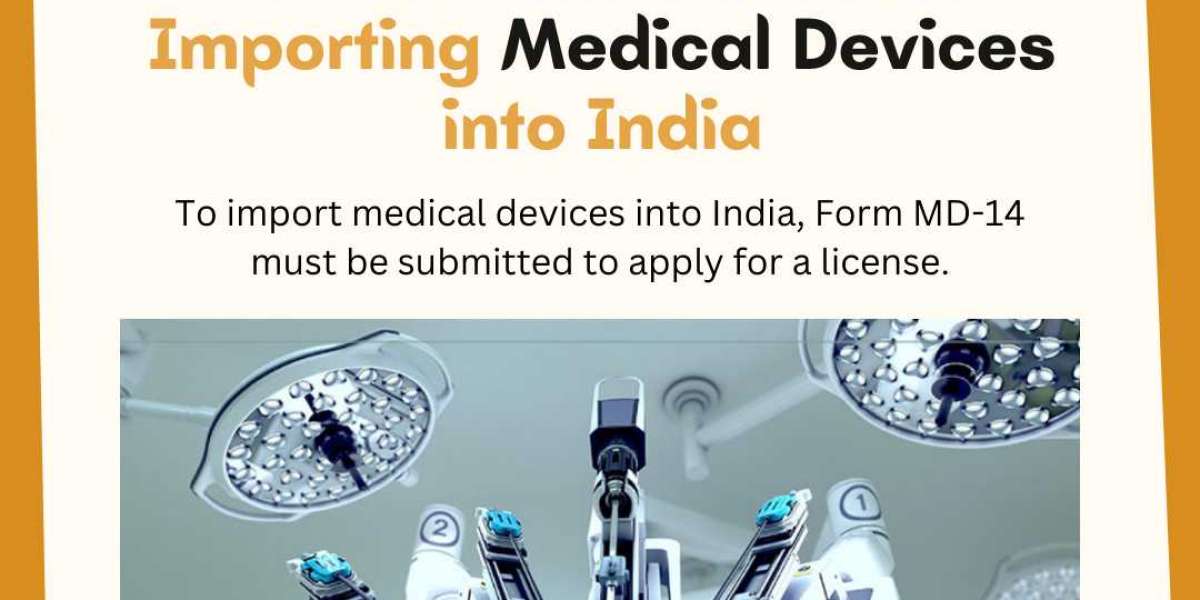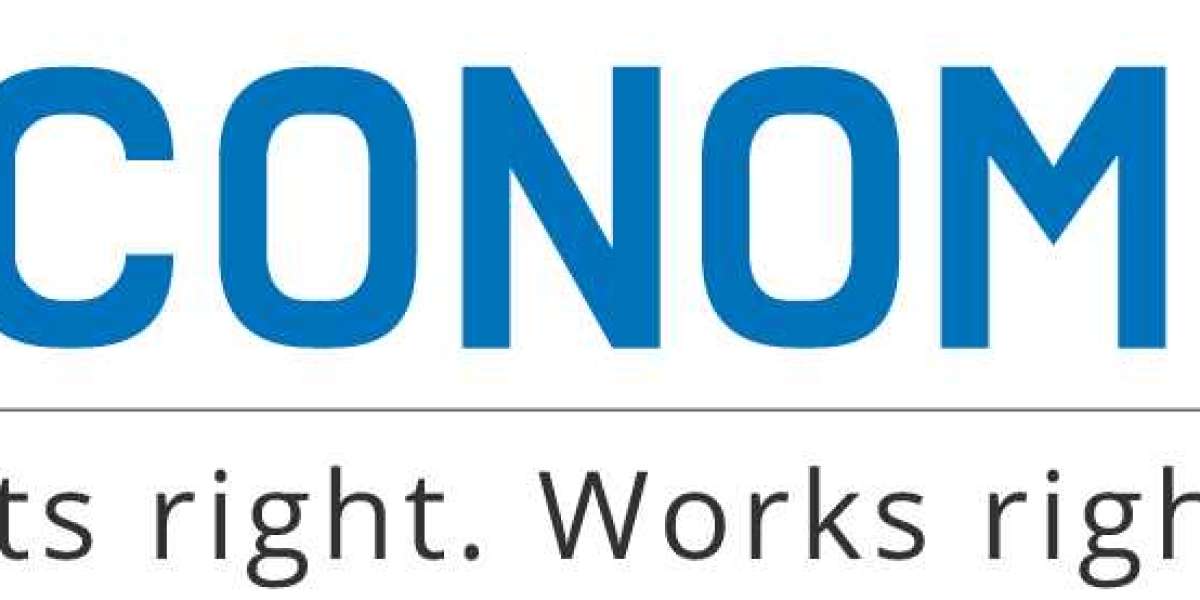The Indian government, through multiple ministries and agencies, offers a wide range of schemes to promote pharmaceutical exports. Bodies like the Ministry of Commerce and Industry, Pharmaceuticals Export Promotion Council (Pharmexcil), and Directorate General of Foreign Trade (DGFT) play a vital role in enabling Indian manufacturers to reach global markets.
Some of the key government initiatives include:
Pharma Export Promotion Schemes: Pharmexcil offers Market Access Initiative (MAI) schemes, export awareness programs, and participation in international trade fairs. These efforts help exporters build brand visibility and explore new markets.
Export Incentives Duty Drawbacks: Under schemes like RoDTEP (Remission of Duties and Taxes on Exported Products), pharmaceutical exporters can avail of reimbursements and duty benefits to improve cost competitiveness.
Financial Assistance Programs: The MSME Ministry and EXIM Bank provide subsidized loans, credit guarantee schemes, and working capital assistance tailored for pharma businesses engaged in exports.
Importance of Regulatory Support
Compliance with global standards such as USFDA, WHO-GMP, and EU-GMP is a prerequisite for pharma exports. The Central Drugs Standard Control Organization (CDSCO) plays a crucial role in issuing export No Objection Certificates (NOCs), Free Sale Certificates, and manufacturing licenses that meet importing countries' regulations.
Pharma exporters must also comply with international documentation and packaging norms. Missteps in regulatory filings or incomplete documentation can delay shipments or result in penalties. Hence, partnering with experts who understand these requirements is essential.
Industry Resources Strategic Partnerships
Apart from government initiatives, pharma exporters can tap into resources from export councils, regulatory consultants, and industry forums. Organizations like Pharmexcil regularly publish market intelligence reports, regulatory updates, and trade alerts. Participating in industry networking events and trade delegations can also help businesses identify buyers, build export strategies, and stay ahead of evolving global standards.
Technology-driven solutions, including e-commerce platforms, cloud-based compliance software, and digital export documentation tools, are further streamlining the export process. These tools help maintain compliance while reducing time and cost.
Conclusion: Agile Regulatory – Your Trusted Partner in Export Compliance
As the pharma sector continues to grow on the global stage, staying compliant and competitive requires expert support. Agile Regulatory provides specialized consulting services for pharmaceutical exporters, including CDSCO registration, import-export licensing, and international documentation support. With a deep understanding of Indian regulatory frameworks and global trade requirements, Agile Regulatory helps businesses access government benefits, simplify complex procedures, and expand confidently into international markets. Whether you're a startup or an established manufacturer, our team ensures your export journey is smooth, compliant, and profitable.








